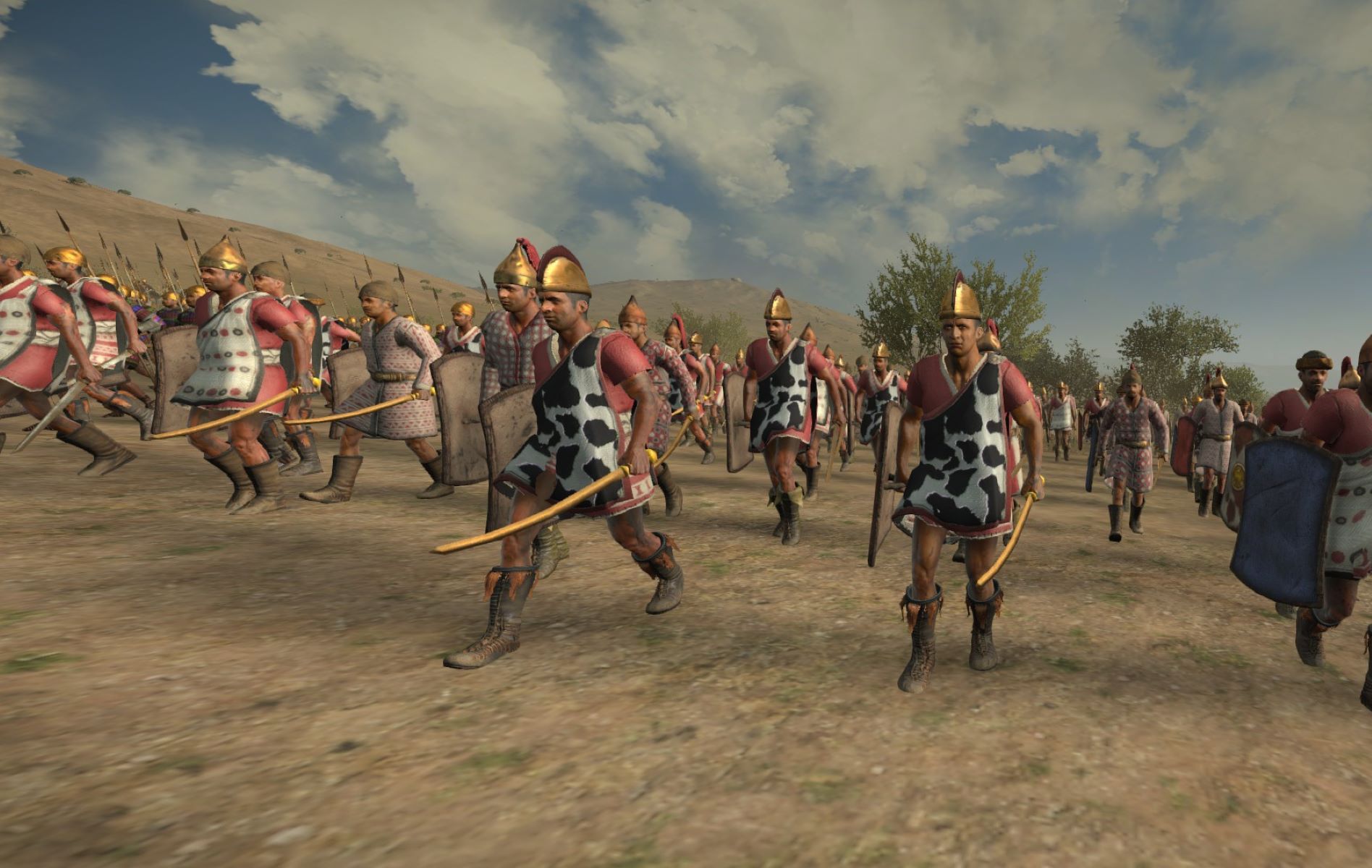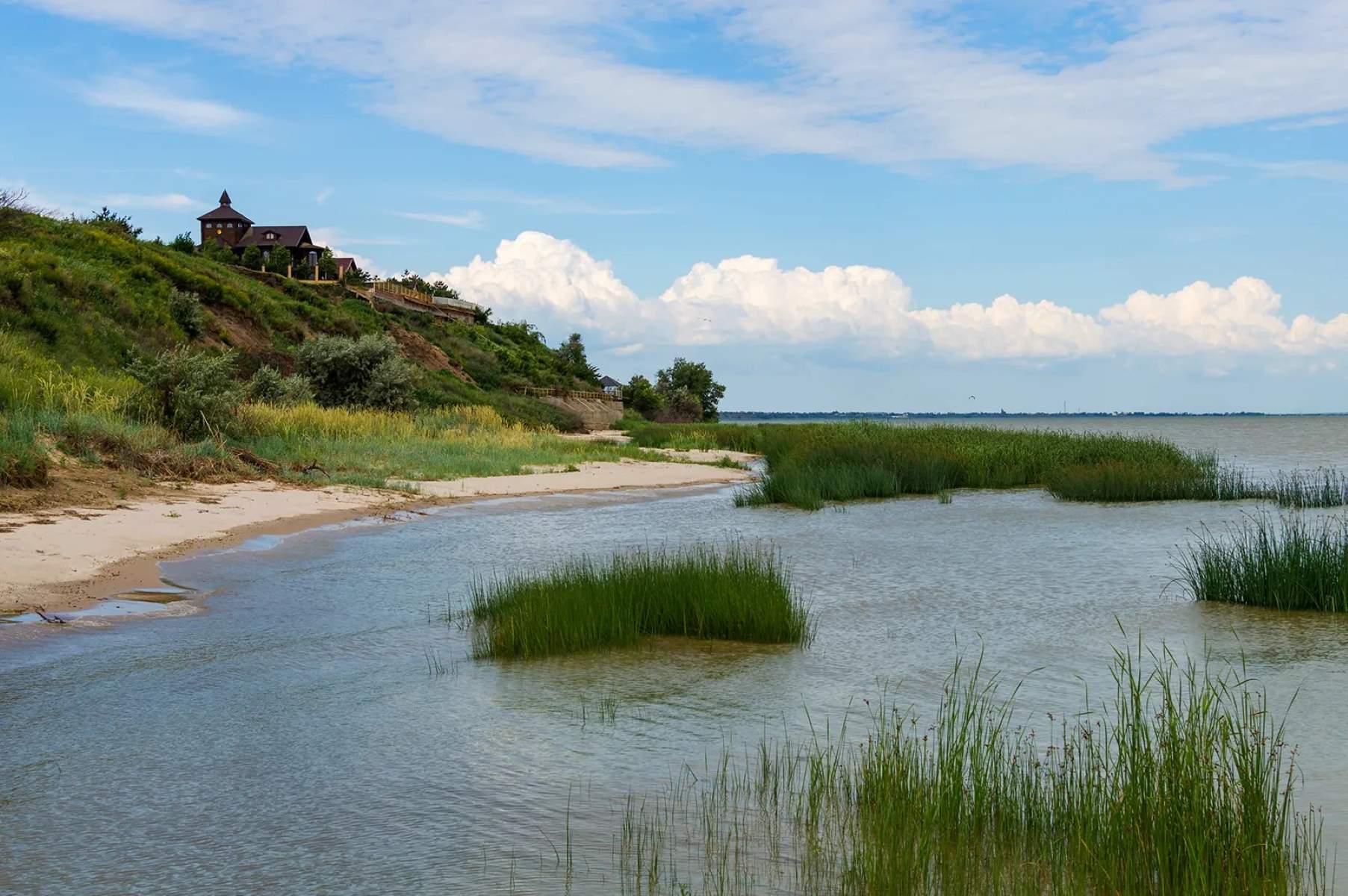
What caused the Arzawa Revolt? The Arzawa Revolt, a significant event in ancient Anatolian history, was driven by a mix of internal strife and external pressures. Arzawa, a kingdom in western Anatolia, rose to prominence during the Late Bronze Age. Its strategic location made it a key player in regional politics. However, the kingdom faced constant threats from the powerful Hittite Empire. When the Hittites weakened, Arzawa saw an opportunity to assert its independence. Internal power struggles, particularly involving disloyal vassals like Madduwattas, further fueled the rebellion. This revolt marked a turning point, leading to Arzawa's eventual decline and loss of political identity.
Arzawa: A Kingdom in Western Anatolia
Arzawa, an ancient kingdom in western or southwestern Anatolia, played a significant role in the Late Bronze Age. Despite its small size, Arzawa's strategic location and political maneuvers made it a noteworthy player in the region.
-
Location and Geography: Arzawa's exact location is debated, but it was likely in western or southwestern Anatolia. The region's mountains and valleys shaped its political and economic structures.
-
Historical Period: Arzawa thrived during the Late Bronze Age, a time of significant cultural and political changes in the ancient Near East. This period saw the rise and fall of many kingdoms, including the Hittite Empire.
-
Rise to Power: Arzawa's ascent was gradual, peaking during the Hittite decline around 1500 BC. Its strategic location and ability to exploit neighboring powers' weaknesses contributed to its rise.
Key Figures and Diplomatic Relations
Arzawa's history is marked by notable rulers and diplomatic engagements with other major powers of the time.
-
King Tarkhundaradu: One of Arzawa's most famous rulers, King Tarkhundaradu, corresponded with Amenhotep III of Egypt in the 14th century BC. This indicates Arzawa's significant international connections.
-
Hittite Conquest: Despite its peak, Arzawa was reconquered by Hittite king Mursilis II in the 14th century BC, becoming a vassal state under Hittite rule.
-
Madduwattas and the Disloyal Vassal: During Hittite king Arnuwandas III's reign (1220–1190 BC), Arzawa was seized by a disloyal Hittite vassal named Madduwattas. This led to Arzawa's gradual loss of political identity.
Decline and Cultural Impact
Arzawa's decline did not erase its cultural contributions and historical significance.
-
Arzawa's Decline: After Madduwattas' seizure, Arzawa never regained its former status. Internal instability and external pressures led to its decline.
-
Cultural Significance: Despite its decline, Arzawa significantly contributed to the region's cultural heritage. Interactions with other civilizations introduced new ideas and practices.
-
Archaeological Evidence: Specific archaeological findings related to Arzawa are limited, highlighting the challenges historians face in reconstructing its history.
Economic and Military Aspects
Arzawa's economy and military engagements played crucial roles in its history.
-
Economic Influence: Arzawa's strategic location allowed it to control key trade routes in the eastern Mediterranean, contributing to its rise.
-
Military Conflicts: Arzawa was involved in various military conflicts with neighboring kingdoms, often resulting in its status as a vassal state.
Diplomatic and Social Structures
Arzawa maintained diplomatic relations and had a complex social structure influenced by internal and external factors.
-
Diplomatic Relations: Arzawa maintained diplomatic ties with major powers like Egypt, as evidenced by the correspondence between King Tarkhundaradu and Amenhotep III.
-
Social Structure: While not well-documented, Arzawa likely had a complex governance system and social hierarchy influenced by both internal and external factors.
Religious Practices and Legacy
Arzawa's religious practices and legacy continue to intrigue historians and archaeologists.
-
Religious Practices: Arzawa likely followed some form of ancient Anatolian religion, possibly influenced by other civilizations like Egypt.
-
Legacy: Despite its decline, Arzawa left a lasting legacy in Anatolia's historical and cultural landscape. Its interactions with other civilizations continue to fascinate researchers.
Ongoing Research and Challenges
Historians and archaeologists face significant challenges in uncovering Arzawa's history, but ongoing research continues to shed light on this ancient kingdom.
-
Historical Studies: Researchers continue to study Arzawa, contributing to our understanding of this ancient kingdom. The History Files provides valuable insights into Arzawa's rise and fall.
-
Archaeological Challenges: Excavations in Anatolia face challenges like site destruction and lack of documentation, underscoring the need for continued research.
-
Cultural Exchange: Arzawa's interactions with other civilizations, such as Egypt, introduced new ideas and practices that influenced the broader cultural landscape of Anatolia.
-
Conclusion: Arzawa was a small but significant kingdom in western Anatolia during the Late Bronze Age. Its rise, decline, and interactions with other civilizations provide valuable insights into the ancient Near East's complex history.
-
Historical Records: Most knowledge about Arzawa comes from indirect records left by the Hittites and Egyptians. These records offer valuable insights but often lack the depth needed for a comprehensive understanding.
Arzawa's Historical Impact
Arzawa, though small, played a crucial role in the Late Bronze Age. Its strategic location in western Anatolia allowed it to rise during the Hittite decline. King Tarkhundaradu's diplomatic ties with Egypt highlight Arzawa's international significance. However, the kingdom's fortunes changed with the Hittite conquest by Mursilis II and later internal strife under Madduwattas. These events led to Arzawa's decline and eventual loss of political identity.
Despite limited archaeological evidence, Arzawa's influence on trade and cultural exchange in the region remains noteworthy. Its interactions with major powers like Egypt and the Hittites shaped the broader historical landscape of Anatolia. Arzawa's story, marked by resilience and adaptation, continues to intrigue historians and archaeologists, offering valuable insights into the complexities of ancient Near Eastern politics and culture.
Was this page helpful?
Our commitment to delivering trustworthy and engaging content is at the heart of what we do. Each fact on our site is contributed by real users like you, bringing a wealth of diverse insights and information. To ensure the highest standards of accuracy and reliability, our dedicated editors meticulously review each submission. This process guarantees that the facts we share are not only fascinating but also credible. Trust in our commitment to quality and authenticity as you explore and learn with us.


